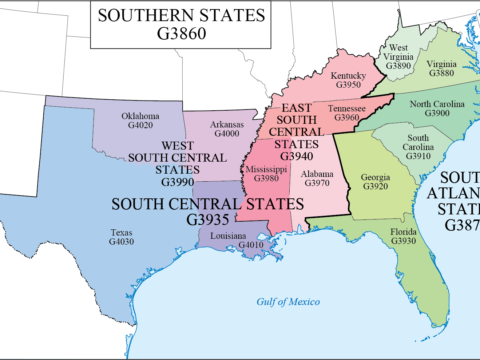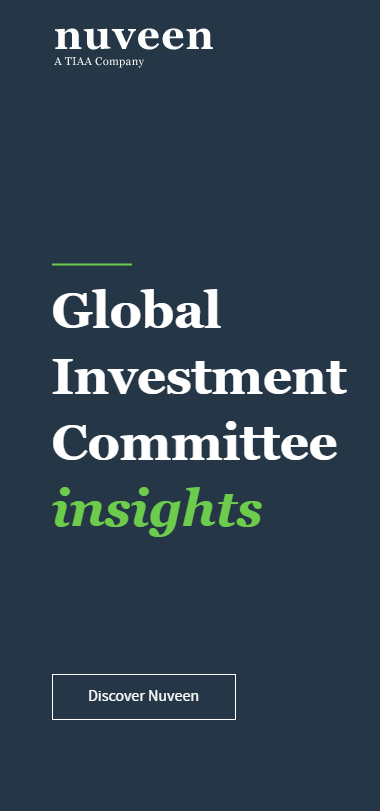
June 5, 2020 – All things considered, the $4 trillion U.S. municipal bond market has been welcoming of Black-owned public finance firms.
Unlike “white-shoe” investment banking areas like mergers & acquisitions or private equity, public sector issuers have, over the last two decades, taken upon themselves to include smaller, Black-owned firms in their underwriting syndicates. With the passing of time, several of these firms have grown from small sub-10-employee shops into Top 30 national underwriters with hundreds of bankers, collectively underwriting tens of billions of municipal bonds yearly.
The commissions and fees earned by these Black-owned investment banks have been channeled to recruit and train young Black public finance bankers, quantitative specialists, credit experts and bond marketing gurus who – over the next decade – will take up the mantle to serve their communities as leaders in the private and public sector.
New York, unsurprisingly, has been a leader in these efforts to broaden Black participation in municipal finance.
In a RFP for underwriting services issued in November 2019 by the Empire State Development – one of the largest conduit issuers for New York State – MWBEs (Minority or Women-Owned Business Enterprises – a category that includes businesses owned by women and other minorities) are given an additional 5% points in the overall evaluation; every bit helps of course.
A January 2020 RFP for underwriting services issued by New York City – one of the largest issuers in the nation with more than $80 billion on debt outstanding – does not explicitly describe its approach to evaluate Black-owned or minority/women-owner firms, but said the city was “committed to diversity and equal employment opportunities”.
The city was lauded by market participants for applying ESG (Environment, Social, Governance)-like principles when evaluating its underwriting teams, banning Wells Fargo in 2018 from serving as a bookrunner due to the bank’s “fake accounts” scandals and various governance issuers. Despite substantial progress made, Wells remains under a Federal Reserve directive to limit its balance sheet expansion until governance issues are rectified.
And yet – so much more needs to be done. While Black and Brown bankers are more than capable in producing best-in-class financing ideas and structuring solutions, Black-owned firms are at a distinct advantage when it comes to providing “balance sheet” to issuers.
A Bank of America or J.P. Morgan certainly has no qualms underwriting $100 million New York State personal income tax bonds if markets are choppy, but for virtually all Black-owned firms, a commitment of this magnitude is likely out of the question. One of the possible solutions is to appoint senior underwriters on their ability to generate ideas, while “syndicating” balance sheet roles to a consortium of large and small banks. The larger banks should, of course, bear a great quantum of financial risk.
Being granted the ability to underwrite bonds for either New York State or New York City is the height of prestige AND privilege. It is critical public sector leadership recognize the importance of ensuring this privilege is not denied to Black-owned investment banks.
Contact Jumanne Johnson at JJohnson@buymuni.com.



